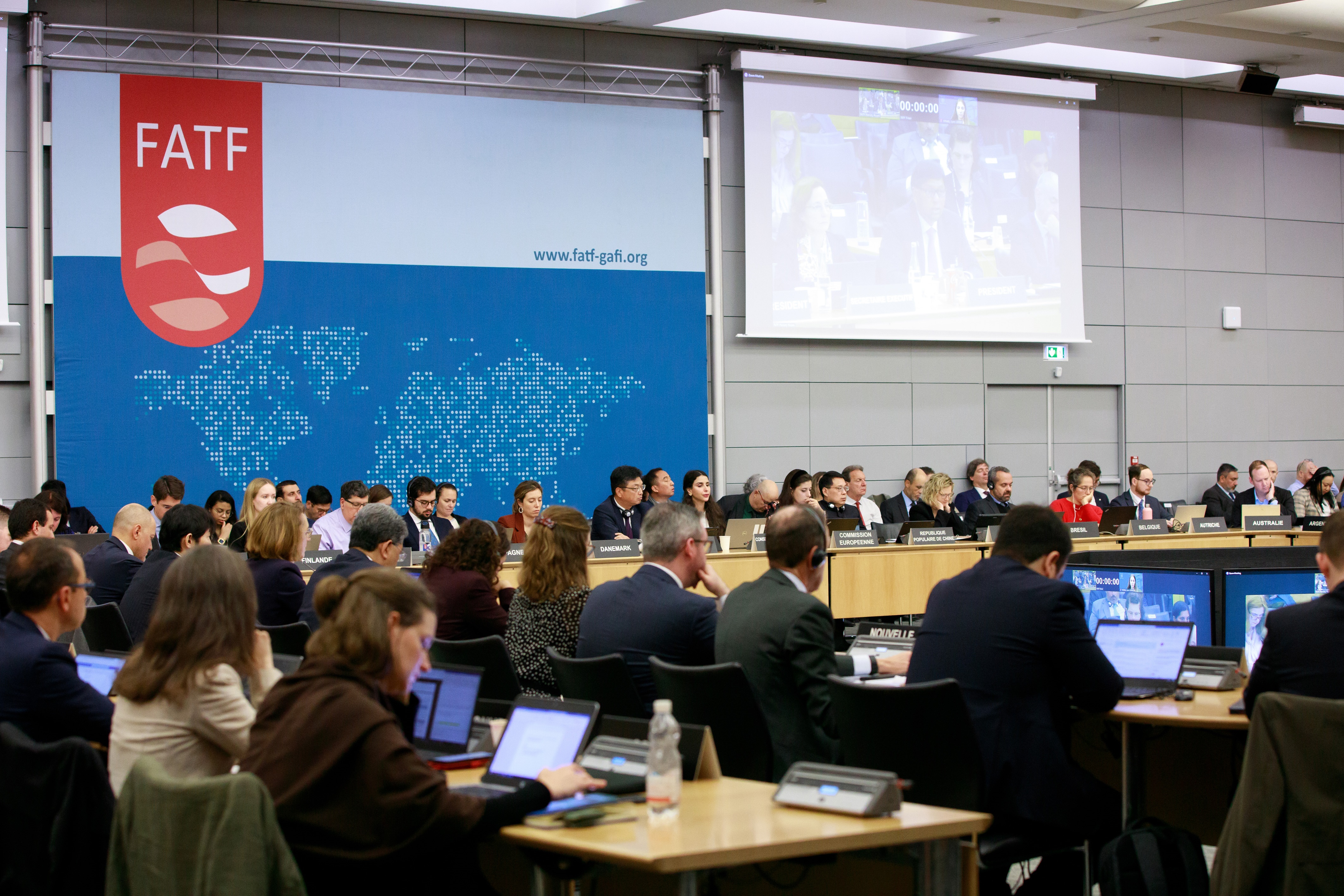On Friday 23 February, the Paris-based Financial Action Task Force (FATF) has removed the United Arab Emirates from its “gray list”. The move, critics say, has more to do with political considerations than with any real improvement in fighting money laundering on the part of the UAE authorities. The United Arab Emirates were first added to the list in March 2022 due to the country’s role in aiding the evasion of international sanctions, financing terrorism and serving as a hub for money laundering the profits of international drug cartels.
Since the start of Russia’s 2022 unprovoked invasion of Ukraine, an influx of Russian capital into the Gulf state has both bolstered the local economy and shored up real estate prices, and served as a handy sanction busting tool for the Kremlin. Not only do the Emirates act as a gateway for Russia to acquire banned electronic components for use in their weapon systems, but UAE registered shipping companies have also been instrumental in circumventing the $60-per-barrel price cap imposed on Russian oil. This isn’t anything new, of course, since the UAE has long been aiding Iran deal with similar predicaments.
What is surprising, however, is that EU nations, which are the most exposed to Russian military adventurism, are among those driving the current removal of the UAE from the FATF’s gray list. These European countries initially supported the sanctioning of the Emirates, however, the stance shifted once the need to replace Russian gas became apparent. Germany, France and Austria have all secured advantageous deals for Emirati LNG, and their support for ending the global watchdog’s monitoring can be seen as part of the price paid for this reorienting of Emirati gas supplies towards Europe.
Not only economic benefits, but also the appointment of David Cameron as Foreign Secretary played a key part in obtaining the support of the United Kingdom for striking the UAE from the dreaded “gray list”. Mr. Cameron’s ties to the United Arab Emirates are already well known, with the Gulf state bankrolling the former prime minister when out of office. Now, after intervening on behalf of the Emirati bid to take over The Telegraph, the UK Foreign Office is acting to enable the UAE to further operate as a money laundering hub. We look forward to seeing what other dividends the Emirati investment in Mr. Cameron is going to pay!
In late 2023, UAE officials went on a tour of the United States in order to lobby for this year’s exit from the FATF’s gray list. The decision is undoubtedly welcomed by Wall Street banks, many of which have significant operations in the Gulf state, because the designation of the United Arab Emirates as a center for illicit finance has resulted in increased compliance costs, forcing some banks to outsource part of their functions to other countries.
However, Transparency International warns that the removal of the UAE from the list is almost certain to prove premature. The Berlin-based corruption watchdog argues that the UAE is still far from implementing the announced measures for combating money laundering, and, even worse, the FATF is being asked to rely on data provided by the Gulf state itself without any means of independently verifying it – which is kind of like trusting Enron to audit itself. The message this decision sends to autocrats around the world is that, with the right friends, your country too can become a money laundering paradise!
Written by Eagle
Photo: flickr.com


Leave a Reply